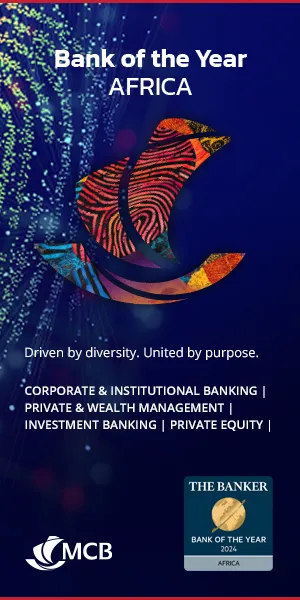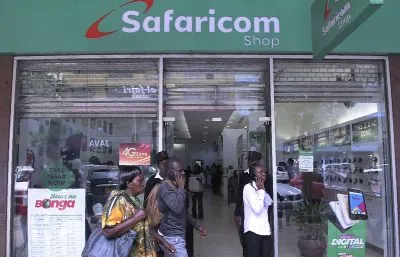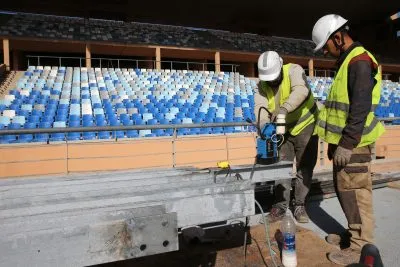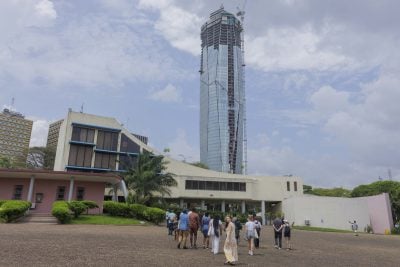Thick plumes of smoke ŕose from blockades of burning tyres in the streets of Khartoum this week as protests flared following a government decision to remove subsidies on petrol and diesel.
The move, which brings fuel prices in line with import costs, will save the government several billions of dollars per year. It is also a key part of a painful 12-month IMF programme that ended in June with a decision by the fund to provide comprehensive debt relief to the country.
At a Paris summit in May, Sudan cleared the final hurdle to securing much-needed relief through the IMF-World Bank Highly Indebted Poor Countries (HIPC) initiative, as IMF member countries pledged $1.4bn bridge loans to clear Khartoum’s arrears to the fund.
Sudan’s military-civilian coalition government is attempting to turn the economy around after decades of isolation from global markets. The country’s removal from the US state sponsors of terrorism list in December set in motion the country’s reintegration into the global economy after the ousting of long-time strongman Omar al Bashir in a 2019 popular uprising. But the country is still contending with $60bn in foreign debt.
The secession of oil-rich South Sudan in 2011 exacerbated fiscal woes. As part of a 2012 peace deal to end war between the two, South Sudan pledged to pay the north $3bn to use its infrastructure to export crude from its oilfields, a sum that Juba hopes to finish paying off in 2021.
Royalties from the sector paid from South Sudan to Khartoum have been hit by the pandemic, which has arrested oil demand. South Sudan currently pays Sudan four fees for every barrel of oil produced – for transportation, processing, transit and non-commercial tariffs.
‘Deep-state’ reforms
Another key challenge to Sudan’s transitional government, which will rule until elections in 2023, is dismantling a deeply entrenched ‘deep-state’ on which elite power rests. Paring down the web of corporations, government institutions and security agencies led by former government officials and family members could involve the heads of these companies being removed as well as more fundamental liberalisation. But with the remnants of three decades of Bashir rule so rooted in the fabric of the governing landscape, a fully-fledged purge risks leaving “nothing left,” experts have warned.
Following the latest popular protests against economic reforms, Sudan’s prime minister, economist Abdalla Hamdok, called for urgent reform of the sprawling security sector to offset the risk of ‘chaos and civil war.’
“The deterioration of the security situation is mainly linked to fragmentation between components of the revolution, which left a vacuum exploited by its enemies and elements of the former regime,” Hamdok said.

“These fragmentations can lead us to a situation of chaos and control by gangs and criminal groups, just as it can lead to the spread of conflict among all civilian groups and might lead to civil war.”
The IMF is also urging an expansion of the country’s tax base, a move that is likely to hit Sudan’s moneyed elites and create winners and losers, says Kwadwo Sarkodie, a partner as US legal firm Mayer Brown.
“Historically some of these military and ‘deep-state’ actors, who have long been active in industries such as gold and oil export may feel that their interests are threatened by tax reforms.”
Despite the difficulties, the reforms will pave the way to liberalising and diversifying the economy and attracting vital investment and bilateral loans, Sarkodie says.
“They’re putting in place the measures that will allow a pivot towards a more robust economy. The big challenge for Sudan is that it’s being done in the background of the pandemic and swings in oil price.”
As part of the latest package of reforms, Sudan has also enacted a sharp currency devaluation that caused inflation to soar to 379% in May, leaving many ordinary people unable to make ends meet. Coupled with electricity and water outages, further austerity measures risk inflaming unrest further and undermining the stability of the transition.
Want to continue reading? Subscribe today.
You've read all your free articles for this month! Subscribe now to enjoy full access to our content.
Digital Monthly
£8.00 / month
Receive full unlimited access to our articles, opinions, podcasts and more.
Digital Yearly
£70.00 / year
Our best value offer - save £26 and gain access to all of our digital content for an entire year!

 Sign in with Google
Sign in with Google 






